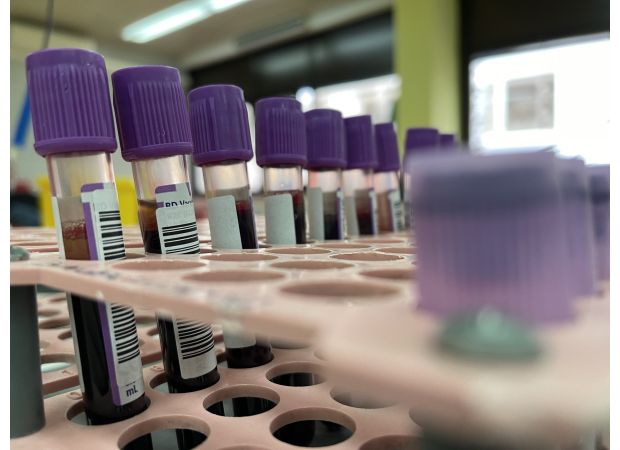Govt. purchasing more vaccines to protect against new lethal virus variant.
The Government plans to strengthen people's resistance to the lethal variant.

The Government is taking action to protect the public from the dangerous Clade I variant of the deadly mpox virus. Health Secretary Wes Streeting has announced that more mpox vaccinations will be made available in an effort to boost people's immunity to the virus. While there have been no reported cases of Clade I mpox in the UK, the Government is closely monitoring the situation in other countries where the virus has been detected.
Clade I mpox is considered to be more severe than Clade II, which caused a global outbreak in 2022. Currently, there is an ongoing outbreak of Clade I in Africa, with cases increasing in the Democratic Republic of Congo and the emergence of a new strain known as Clade Ib. The World Health Organisation declared a public health emergency last year due to the spread of Clade Ib, which was first identified in the DRC.
The first case of Clade I mpox in Europe was confirmed in Sweden last month. As a precautionary measure, the Government has ordered over 150,000 doses of the mpox vaccine from Bavarian Nordic, a biotechnology firm. This will ensure that high-risk groups, such as gay and bisexual men, healthcare workers, and those who travel to affected countries, are protected.
The same vaccine was used during the 2022 outbreak and has shown to be effective in preventing mpox cases. The Government has also developed a plan to distribute the vaccine in stages, based on clinical need and availability. Professor Susan Hopkins, chief medical adviser at the UK Health Security Agency, reassured the public that there have been no confirmed cases of Clade I mpox in the UK and the risk of exposure is low. However, she emphasized the importance of vaccination in the country's defense against the virus.
Symptoms of mpox include high fever, headache, muscle and joint pain, and a rash. The virus is transmitted through close physical contact, such as sexual contact, kissing, and holding hands. There are two types of mpox, Clade I and Clade II, with Clade II being present in the UK for over two years. A vaccination program was launched in 2022 and has since closed, with over 49,000 people receiving two doses of the vaccine and 83,000 receiving one dose.
The NHS is prepared to roll out the mpox vaccine to priority groups once again, in case of any new outbreaks. While the risk of catching the virus in the UK is low, the Government urges eligible individuals to get vaccinated when invited by local health services to ensure the best protection. The Government is also working with international partners to control the spread of the virus. Last month, it was announced that the UK would provide £3 million to support Unicef's efforts in tackling mpox and cholera outbreaks in the DRC.
Health Secretary Wes Streeting stated that while no cases of Clade I mpox have been detected in the UK, the Government is taking necessary steps to protect the country by implementing a robust vaccination program. The UK is also playing a crucial role in the international response to the virus, with early support provided to the DRC. Minister for Development Anneliese Dodds added that the UK is committed to working with partners to ensure that vaccines are available to those who need them most.






